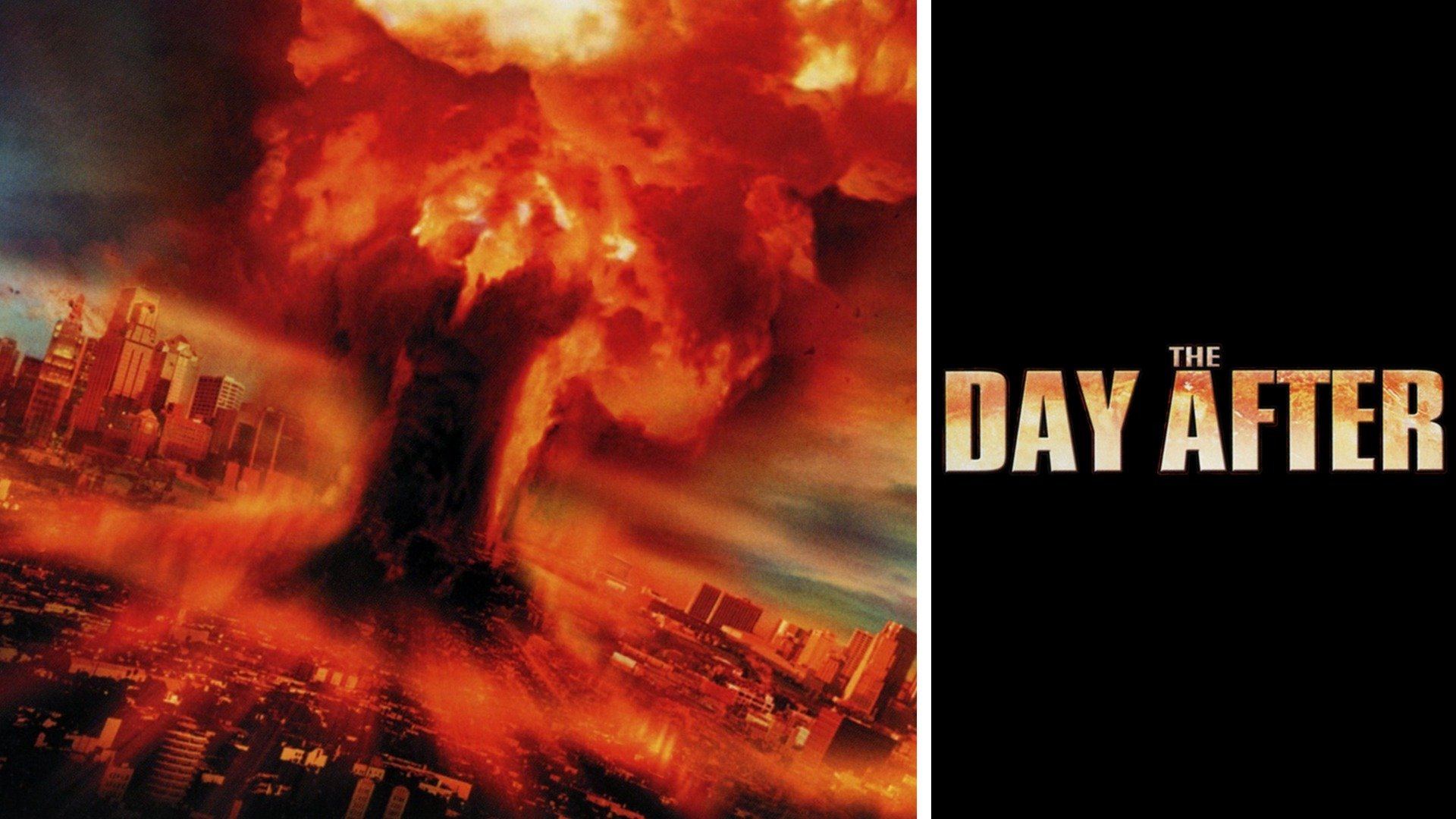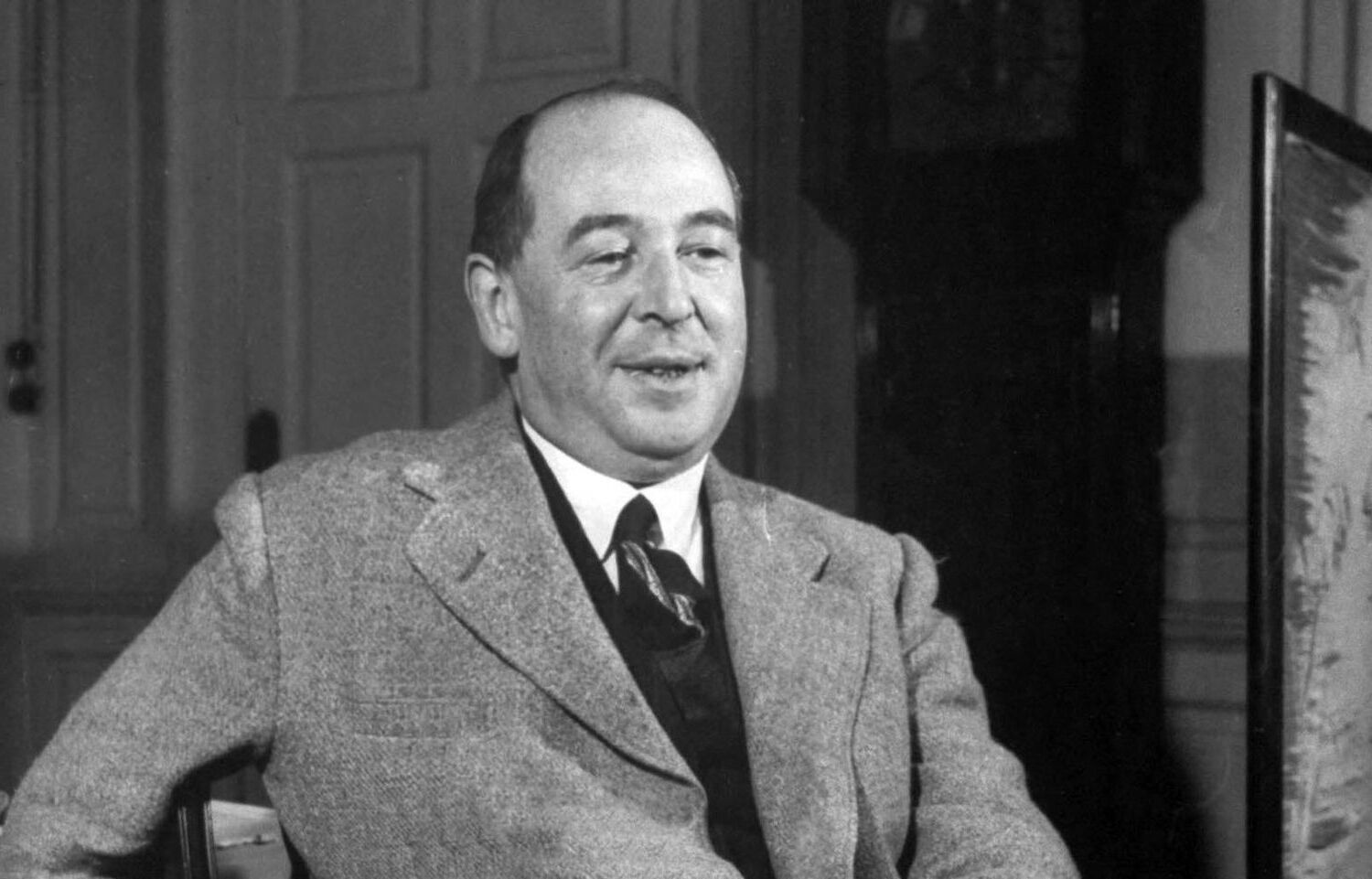
Released in 1983, “The Day After” is a groundbreaking movie that focuses on the cataclysmic aftermath of a nuclear war. Directed by Nicholas Meyer, known for his work in the “Star Trek” franchise, the film delves into the harrowing realities faced by a small town in Kansas following a devastating nuclear attack.
With its gripping narrative and realistic portrayal of the effects of a nuclear war, “The Day After” sparked intense public debate and became one of the most watched television events in history, drawing in more than 100 million viewers during its initial broadcast on ABC.
In this article, we will delve into 32 fascinating facts about “The Day After,” ranging from its historical context to its impact on pop culture and its enduring legacy. So, let’s dive in and uncover the behind-the-scenes secrets and trivia surrounding this iconic movie.
Key Takeaways:
- “The Day After” is a 1983 TV film that shocked audiences with its realistic portrayal of a nuclear war’s aftermath, sparking debates and influencing government policies during the Cold War era.
- The movie remains a powerful cultural artifact, challenging perceptions and emphasizing the importance of diplomacy and peaceful resolutions to global conflicts.
Fact 1
The Day After is a television film that aired on November 20, 1983.
Fact 2
It depicts the aftermath of a nuclear war and its effect on the residents of Lawrence, Kansas.
Fact 3
With an estimated 100 million viewers, it became one of the most-watched television programs of all time.
Fact 4
The movie stars Jason Robards, JoBeth Williams, and Steve Guttenberg.
Fact 5
It was directed by Nicholas Meyer.
Fact 6
The screenplay was written by Edward Hume.
Fact 7
The film was lauded for its realistic depiction of the consequences of a nuclear conflict.
Fact 8
President Ronald Reagan even credited the film with influencing his thinking on nuclear disarmament.
Fact 9
The Day After was nominated for 12 Emmy Awards.
Fact 10
It won two Emmys for Outstanding Sound Mixing and Outstanding Film Sound Editing.
Fact 11
Many local Kansas residents were hired as extras in the film.
Fact 12
The movie’s intense and realistic portrayal of the effects of radiation garnered critical acclaim.
Fact 13
It raised awareness about the threat of nuclear war during the height of the Cold War.
Fact 14
The Day After was filmed in Lawrence, Kansas, giving the story a sense of authenticity.
Fact 15
The movie sparked debates about nuclear disarmament and government policies.
Fact 16
It remains an important cultural artifact of the 1980s.
Fact 17
The Day After received widespread international attention.
Fact 18
The film’s release coincided with a rise in anti-nuclear activism.
Fact 19
It prompted discussions on the long-term effects of nuclear war.
Fact 20
The Day After had a profound impact on audiences, leaving many emotionally affected.
Fact 21
The movie challenged conventional perceptions about the consequences of a nuclear conflict.
Fact 22
It portrayed the devastating impact of nuclear weapons on ordinary people.
Fact 23
The Day After was praised for its strong performances from the cast.
Fact 24
It emphasized the importance of diplomacy and peaceful resolutions to global conflicts.
Fact 25
The film’s realistic portrayal of the aftermath of a nuclear war shocked audiences.
Fact 26
It was aired with a disclaimer due to its intense content.
Fact 27
The Day After was critically acclaimed for its chilling and thought-provoking storyline.
Fact 28
The movie received many accolades from critics and viewers alike.
Fact 29
It remains a landmark production in the history of television.
Fact 30
The Day After brought global attention to the possible catastrophic consequences of nuclear war.
Fact 31
The film was widely debated in academic and political circles.
Fact 32
It continues to be studied and discussed as an important social commentary.
Conclusion
In conclusion, The Day After is a thought-provoking movie that tackles the sobering topic of nuclear war and its devastating consequences. With its powerful storytelling and compelling performances, the film has left a lasting impact on viewers around the world. Whether you’re a fan of post-apocalyptic movies or interested in exploring the human condition amidst catastrophe, The Day After is a must-watch that will keep you engaged from beginning to end. So, grab some popcorn and immerse yourself in this gripping tale of survival, hope, and the stark realities of a world on the brink of destruction.
FAQs
Q: When was The Day After released?
A: The Day After was released on November 20, 1983.
Q: Who directed The Day After?
A: The movie was directed by Nicholas Meyer.
Q: What is the genre of The Day After?
A: The Day After is a drama film with elements of science fiction.
Q: Is The Day After based on a true story?
A: Although The Day After is not based on a specific true story, it portrays the potential consequences of a nuclear war.
Q: Who are some of the main actors in The Day After?
A: The main cast of The Day After includes Jason Robards, JoBeth Williams, Steve Guttenberg, and John Cullum.
Q: Was The Day After well-received by critics?
A: Yes, The Day After received positive reviews from critics and was praised for its realistic portrayal of the devastating effects of a nuclear war.
Q: Is The Day After available to stream online?
A: Yes, The Day After can be streamed on various online platforms like Amazon Prime and iTunes.
Q: Does The Day After have any award nominations?
A: Yes, The Day After was nominated for several Emmy Awards, including Outstanding Drama Special and Outstanding Writing in a Limited Series or a Special.
Was this page helpful?
Our commitment to delivering trustworthy and engaging content is at the heart of what we do. Each fact on our site is contributed by real users like you, bringing a wealth of diverse insights and information. To ensure the highest standards of accuracy and reliability, our dedicated editors meticulously review each submission. This process guarantees that the facts we share are not only fascinating but also credible. Trust in our commitment to quality and authenticity as you explore and learn with us.


